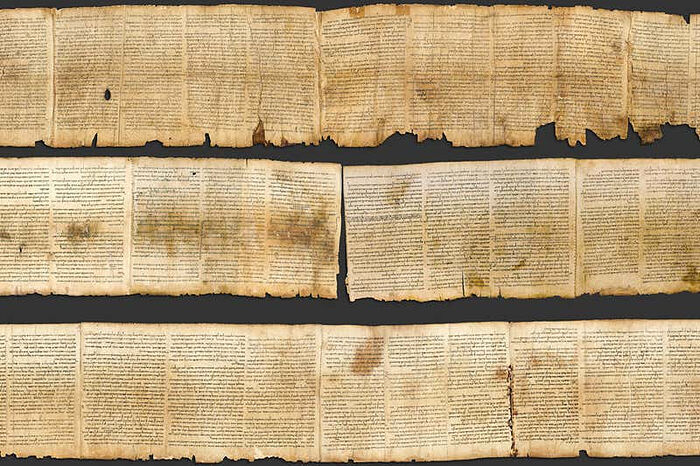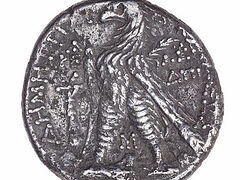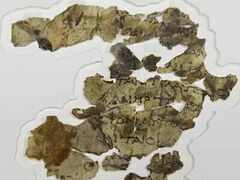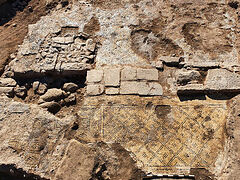Groningen, The Netherlands, April 23, 2021
With the help of Artificial Intelligence, scholars have made a new discovery about the ancient Dead Sea Scrolls.
Extensive analysis of the handwriting on the Great Isaiah Scroll revealed that it was actually written by two scribes with very similar handwriting, rather than by one scribe as previously thought, reports New Scientist.
The Dead Sea Scrolls are a set of ancient Hebrew manuscripts of Biblical and extra-Biblical texts found in caves near the Dead Sea in the mid-20th century. Before the Dead Sea Scrolls, the majority of Biblical texts dated only to the Medieval period. Archaeologists are continuing to discover new scrolls. The discovery of another dozen scrolls was announced in March.
The Great Isaiah Scroll, more than 23 feet long, was completed around the 2nd century BC. Scholars were previously unable to determine how many scribes worked on it because of the similar handwriting throughout.
Using AI, Mladen Popović of the University of Groningen in the Netherlands and his colleagues closely examined variations in the shape and style of the letters that cannot be easily spotted by the human eye.
In particular, they analyzed the Hebrew letter aleph, which appears more than 5,000 times in the scroll. Examinations led to the conclusion that the scroll was separated into two halves, each written by a different scribe.
“The ancient ink traces relate directly to a person’s muscle movement and are person specific,” writes Popović in a paper published on the discovery.
“[The] likely scenario is [one of] two different scribes working closely together and trying to keep the same style of writing yet revealing themselves, their individuality.”
“The authors also open up the fascinating question of whether this level of affinity between the scribal hands points to a stellar professional, able to ‘match’ another hand or whether we are dealing with a shared scribal training environment,” commented Charlotte Hempel of the University of Birmingham in the UK.
Follow us on Facebook, Twitter, Vkontakte, Telegram, WhatsApp, Parler, MeWe, and Gab!





